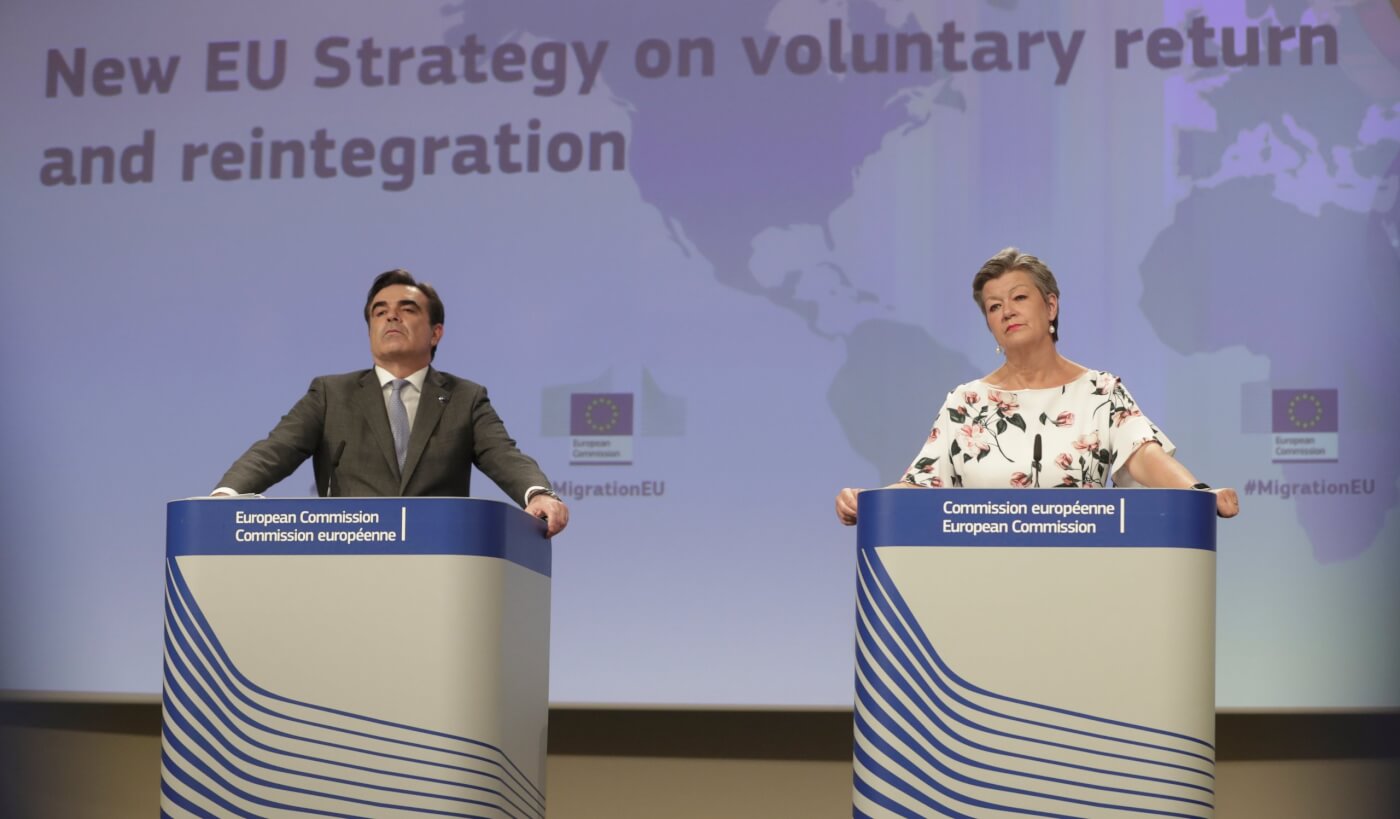The Danish Immigration Service has found that a further 39 Syrian refugees are eligible for deportation after authorities deemed Damascus and surrounding areas safe for return.
The determination brings the total number of refugees to have had their temporary protection and residency permits revoked to at least 380. Those who have had their case fully examined now face deportation as soon as formal diplomatic ties are re-established between Denmark and the Syrian regime.
Earlier this month it was revealed that renewed residency permits for 500 people, originally from Damascus and surrounding areas, were being re-evaluated; with prospective deportations justified by a 2020 government report which found that the security situation in some parts of Syria had “improved significantly”.
Charlotte Slente, the secretary general of the Danish Refugee Council, said that government actions constitute “undignified treatment”, going on to state that:
“The Danish Refugee Council disagrees with the decision to deem the Damascus area or any area in Syria safe for refugees to return to – the absence of fighting in some areas does not mean that people can safely go back. Neither the UN nor other countries deem Damascus as safe.”
The decision to deport refugees undoubtedly puts them at greater risk of the grave human rights abuses that many Syrians have grown accustomed to under the Assad regime. Returning refugees could face torture, enforced disappearance and arbitrary detention. Nils Muižnieks, Amnesty International’s Europe Director, said that:
“Forcing these refugees, some of them children, back to Syria, even indirectly, would put them at real risk of torture and other serious abuses”
Hiba al-Khalil, a refugee who settled in Denmark in 2015, said that being outside Syria for prolonged periods can generate suspicion from the regime, adding that:
“Just because your city isn’t being bombed with chemicals anymore doesn’t make it safe … Anyone can be arrested.”
Last week, Human Rights Watch’s analysts, researchers, and other experts on Syria released a joint statement, condemning Denmark’s flawed refugee policies and stating that they believe that, “conditions do not presently exist anywhere in Syria for safe returns”
According to the Syrian Network for Human Rights, at least 100,000 people have been forcibly disappeared in Syria since the outbreak of civil war in 2011. The network also estimates that around 15,000 people have died due to torture during the same period, primarily at the hands of the Assad regime.
Continued moves to deport refugees come following the recent publication of a report by the UN Commission of Inquiry on Syria, which found that:
“the sheer volume, scale and consistency of government policies and acts that the Commission has found to amount to crimes against humanity have continued unabated for nearly 10 years, without any sign that the government intends to discontinue them”.
Once renowned for its open and receptive attitude to refugees and asylum seekers, the current Danish government has imposed a hostile migration policy that is clearly inimical to previously held values. Denmark, the initial signatory of the 1951 UN Refugee Convention, is now the first country to say that law-abiding refugees can be sent back to Syria.
The policy shift has coincided with the rise of the far-right Danish People’s party, with the centre-left government coalition competing with the right for working class votes.
Despite Denmark seeing the lowest number of asylum seekers since 1998, Danish Prime Minister, Mette Frederiksen, has consistently reiterated a vision of having “zero asylum seekers”, stating that “social cohesion cannot exist” with too many refugees.
It is clear that the situation in Damascus and surrounding areas is still extremely volatile and returning refugees to these areas threatens their human rights. The Danish government must ensure that protection and residency permits for Syrian refugees are renewed, in line with their previous commitments and international law.

